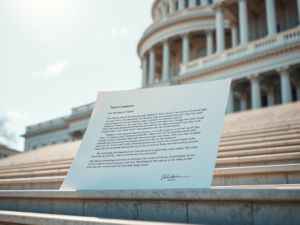The commissioners of the four NCAA HBCU conferences—CIAA, MEAC, SIAC, and SWAC—sent a letter to the Congressional Black Caucus urging action to protect the future of HBCU athletics. Representing 48 institutions and 15,000 student-athletes, the commissioners expressed concern about the evolving landscape of college sports, particularly regulatory decisions and lawsuits that could disproportionately harm HBCU programs.
A primary concern is the push to classify student-athletes as employees. The commissioners argue that, unlike major athletic programs, most HBCUs do not generate significant revenue from sports and rely on institutional funding. If student-athletes were reclassified as employees, it could force many HBCU programs to cut sports entirely, eliminating opportunities for student-athletes.

Additionally, the commissioners highlighted the growing disparities caused by varying state laws affecting Name, Image, and Likeness (NIL) policies and other regulations. This inconsistency creates recruitment and retention challenges for HBCU student-athletes, further widening the competitive gap between HBCUs and wealthier institutions.
Despite these external challenges, the letter acknowledged the positive strides made under NCAA President Charlie Baker, including expanded health coverage, financial literacy training, and degree completion support for student-athletes. However, the commissioners emphasized that more must be done to ensure that HBCU athletes receive fair treatment and that national governance remains consistent.
The commissioners called on Congress to support legislation affirming that student-athletes should not be considered employees and to establish federal guidelines that preempt state law disparities. They also invited the Congressional Black Caucus to engage in discussions about the future of HBCU sports, stressing the need for continued advocacy to protect the legacy and opportunities within HBCU athletics.

